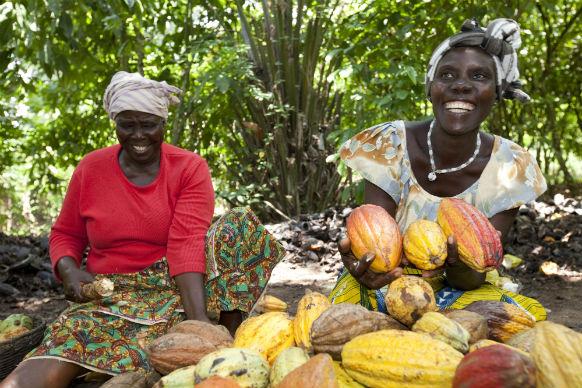Implement policies for women to participate at all levels in society
By People.Reporter, March 8, 2022Considerable efforts and commitment have been made by government and non-state actors towards the realisation of the sustainable development goals geared to ensure gender equality and decent work and economic growth.
Kenya has made great strides in the quest to increase women’s equality through policies and legislative frameworks such as the Sexual Offences Act 2006, the Prevention Against Domestic Violence Act 2015, the Policy on Eradication of FGM 2019, and the National Policy on Gender and Development 2019. However, reports such as the Global Gender Gap Report 2020 show the country is still lagging in progress towards achieving gender parity, scoring lower than some of its peers in the region.
A report on the Commitment to Reducing Inequality Index (CRII) in East African Community (EAC), shows that commitment has been minimal among the member countries in 2020 with South Africa doing twice as much. Kenya ranks at 76 with a score of 0.51 followed closely by Tanzania at 130 with a score of 0.35 while South Sudan tails at 158 out of the 158 countries under study. With regards to taxation, Kenya ranks 9th with a score of 0.66 on tax policies among the EAC countries. On labour policies, the study found that most labour rights are only on paper with poor implementation, and most countries score low in respect of the International Labour Organisation (ILO) conventions in Law and Practice. None of the countries including Kenya meets the ILO threshold.
With these grave statistics of high inequality, women are over-represented in informal and vulnerable employment. Recent statistics indicate that the portion of women in formal employment is 4.6 per cent higher than that of men. A research report on women’s empowerment, using the novel measure, the Kenya Women’s Empowerment Index (WEI) by Kenya National Bureau of Statistics released in 2020 shows that only 29 per cent of Kenyan women can participate equally and effectively in political, economic, and cultural life and that their involvement is largely dependent on household circumstances. These reports reflect a situation that is far from the anticipated economic empowerment for women.
A report by UN Women also suggested women are less likely than men to have access to financial institutions or have a bank account. In this study, 65 per cent of men report having an account at a formal financial institution, only 58 per cent of women do worldwide and the fact that women entrepreneurs face more challenges when starting and running a business as opposed to their main counterparts. With women earning less, the likelihood of decision-making within the household on the “internal” household budget is minimal.
In the just-concluded Women Economic Forum organized by CRAWN Trust in partnership with the University of Nairobi Women’s Economic Empowerment (WEE) Hub, the discussions pointed to improved deliberate opportunities at the workplace for women to participate in technology. Although organisations such as Huawei, Google and Safaricom making intentional decisions to open the tech-space for women, statistics still indicate a grim situation where the digital divide remains gendered; women and girls still experience less access to technology, especially those in the rural areas.
Data-driven interventions are key to crafting solutions that will ensure women’s economic empowerment. With the support of Bill and Melinda Gates, the University of Nairobi WEE Hub has embarked on rigorous, cutting-edge research that is already informing policy. The findings also help identify what works for WEE initiatives. Such interventions must have a critical focus on affirmative action initiatives such as funds and how they ensure women’s economic empowerment, childcare services, which is a critical area to the success of women’s enterprises, women’s business incubation and women’s self-mobilisation for their economic empowerment. Women should be able to hold each other’s hands and grow without over-relying on initiatives by others and hence the need to support and build the capacity of women from all spheres of life to be able to build and nurture such initiatives.
For women in Kenya to be empowered, they must be able to participate equally in decision making, have access to and control of the productive resources, their livelihoods must be protected, they must access decent work and have control over their own time, lives and bodies; and increased voice, agency and meaningful participation in the economic decision. The government’s support is critical in the implementation of the policies and guidelines already set and the constitutional provisions that enhance the process of realisation of WEE in Kenya.
– The writer is the Communications, Policy Advocacy and Knowledge Manager, University of Nairobi Women’s Economic Empowerment (WEE) Hub
